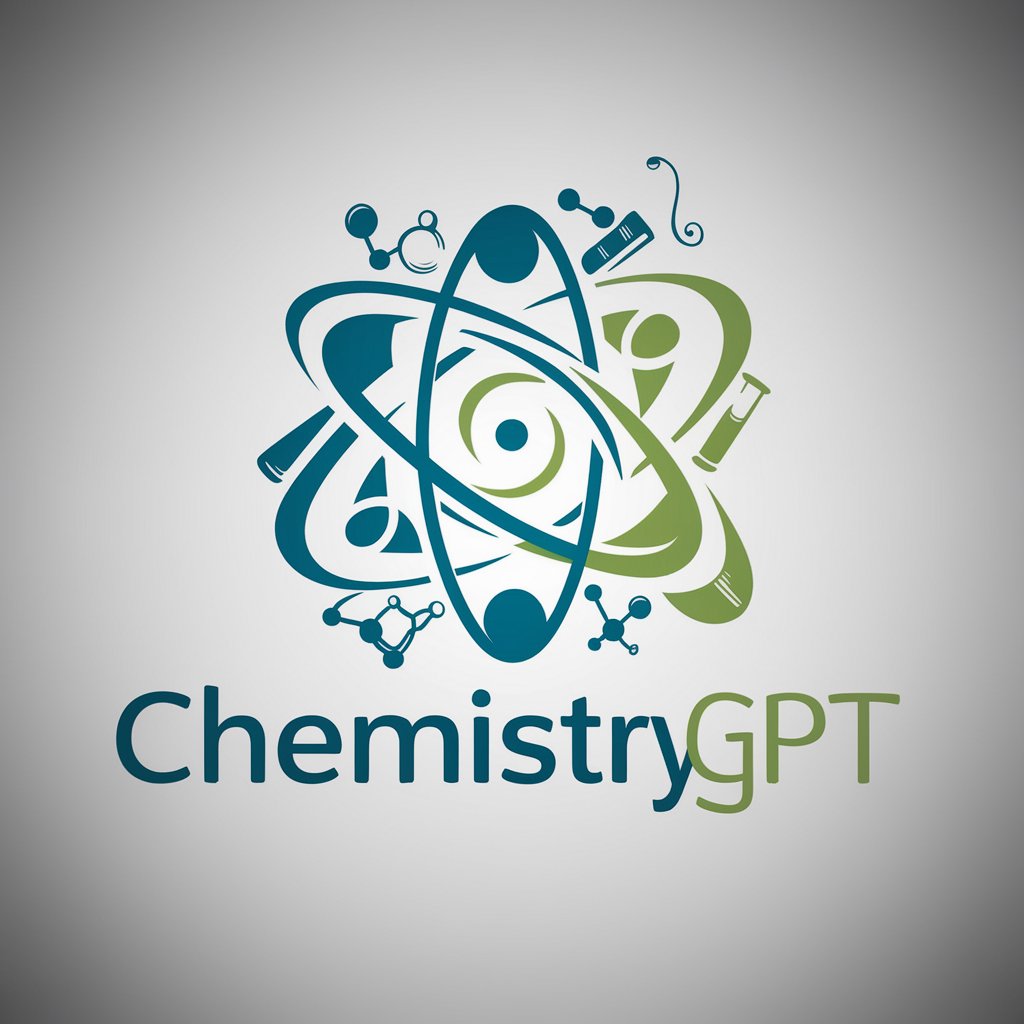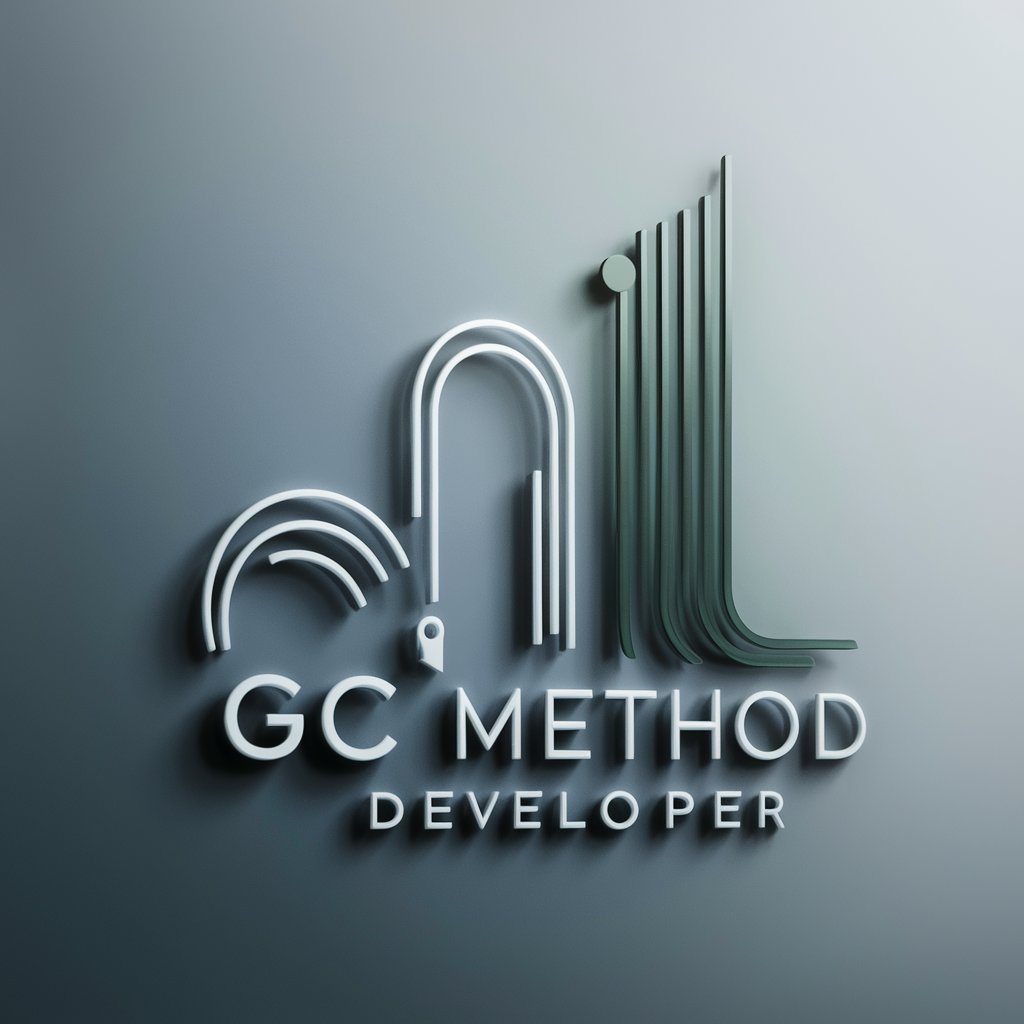4 GPTs for Chemical Engineering Powered by AI for Free of 2025
AI GPTs for Chemical Engineering are advanced tools designed to leverage the capabilities of Generative Pre-trained Transformers in the domain of chemical engineering. These AI-powered tools are adept at understanding and generating human-like text based on the vast data they have been trained on, making them particularly useful for tasks ranging from data analysis and simulation to research and educational purposes in the field of chemical engineering. By integrating domain-specific knowledge, these GPTs provide tailored solutions, enhancing innovation, efficiency, and decision-making in various chemical engineering applications.
Top 4 GPTs for Chemical Engineering are: Chemistry,Molecule Conformers,GC Method Developer,Phase Genius
Chemistry
Empowering chemical understanding with AI

Molecule Conformers
Empower your research with AI-driven molecular insights.

GC Method Developer
Optimize GC methods with AI-powered insights

Phase Genius
Empowering chemical engineering with AI.

Key Capabilities of AI GPTs in Chemical Engineering
AI GPTs for Chemical Engineering boast unique features such as advanced data analysis, simulation capabilities, and the ability to understand and generate technical content. These tools can adapt from performing simple calculations to executing complex simulations, making them invaluable across various aspects of chemical engineering. Special features include natural language processing for interpreting technical documents, image generation for visualizing chemical compounds, and the capacity to assist in research by synthesizing and summarizing relevant studies.
Who Can Benefit from Chemical Engineering AI GPTs
The primary beneficiaries of AI GPTs in Chemical Engineering include students, educators, researchers, and professionals in the field. These tools are designed to be user-friendly, allowing individuals without extensive programming knowledge to leverage their capabilities. For those with coding skills, these GPTs offer customizable options to tailor the tool's functionality to specific needs, enhancing both learning and professional applications.
Try Our other AI GPTs tools for Free
Hardware Debugging
Explore AI GPT tools for Hardware Debugging: intelligent solutions designed to streamline the detection, diagnosis, and resolution of hardware issues, making advanced debugging accessible to all.
Specification Compliance
Discover how AI GPTs for Specification Compliance can automate and enhance your regulatory adherence, making compliance processes efficient and accurate.
Virtual Girlfriend
Explore AI GPTs for Virtual Girlfriend: advanced tools designed for companionship, offering personalized interactions, emotional support, and a range of tailored features.
Coding Techniques
Discover how AI GPTs for Coding Techniques can transform your coding workflow with advanced automation, optimization, and learning capabilities.
Role-Specific Prep
Discover the power of AI GPTs for Role-Specific Prep: tailored AI solutions enhancing productivity and decision-making in your professional field.
Cross-Contamination
Explore AI GPTs for Cross-Contamination: cutting-edge tools designed to identify, analyze, and mitigate contamination risks, ensuring safety and compliance in critical industries.
Expanding Possibilities with AI GPTs in Chemical Engineering
AI GPTs are revolutionizing the field of chemical engineering by offering customized solutions that enhance productivity and innovation. These tools not only provide a user-friendly interface for a wide range of applications but also open up new avenues for integrating AI into traditional workflows, thereby pushing the boundaries of what's possible in chemical engineering.
Frequently Asked Questions
What are AI GPTs for Chemical Engineering?
AI GPTs for Chemical Engineering are specialized AI tools that utilize Generative Pre-trained Transformers to perform tasks related to chemical engineering, such as data analysis, simulation, and technical content generation.
How can these tools benefit chemical engineering professionals?
These tools can enhance efficiency, innovation, and decision-making in chemical engineering by providing tailored solutions for data analysis, simulation, research, and educational purposes.
Do I need coding skills to use these AI GPTs?
No, these tools are designed to be accessible to individuals without programming knowledge, though they also offer customization options for those with coding expertise.
Can these tools generate technical reports?
Yes, AI GPTs for Chemical Engineering can understand and generate technical content, including reports, based on the user's input and the tool's training data.
Are these tools capable of simulating chemical processes?
Yes, many of these GPTs come equipped with simulation capabilities, allowing users to model and analyze various chemical processes.
Can AI GPTs assist in chemical research?
Absolutely, these tools can synthesize information from a vast array of sources to aid in research, offering summaries, insights, and even proposing hypotheses.
How do AI GPTs adapt to complex chemical engineering tasks?
AI GPTs are designed to scale their capabilities based on the task, from simple calculations to complex simulations, by leveraging advanced algorithms and domain-specific training.
Can these tools integrate with existing chemical engineering software?
Yes, many AI GPTs are designed to be compatible with existing systems, allowing for seamless integration into current workflows and software ecosystems.